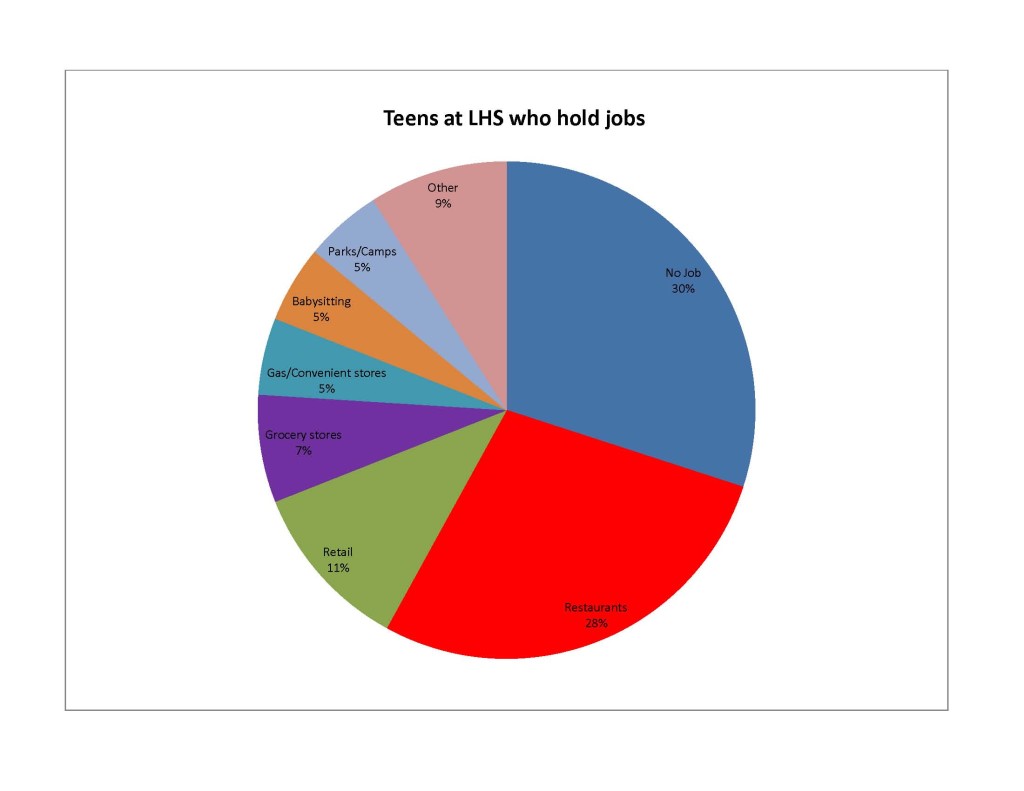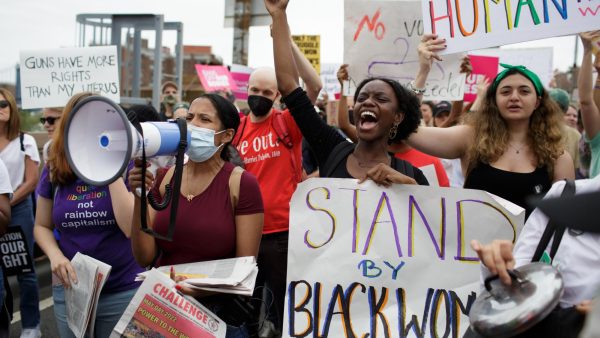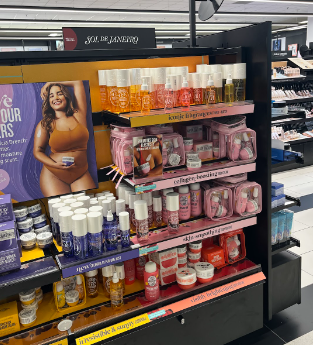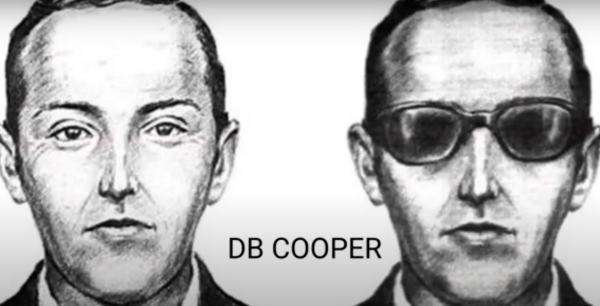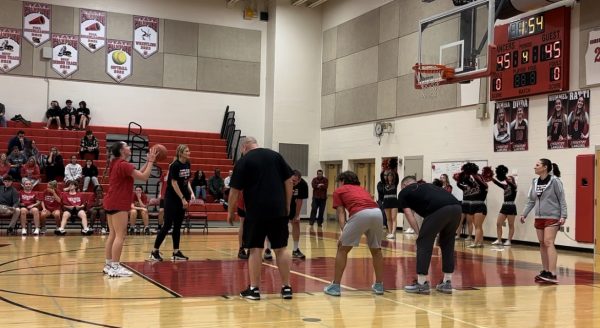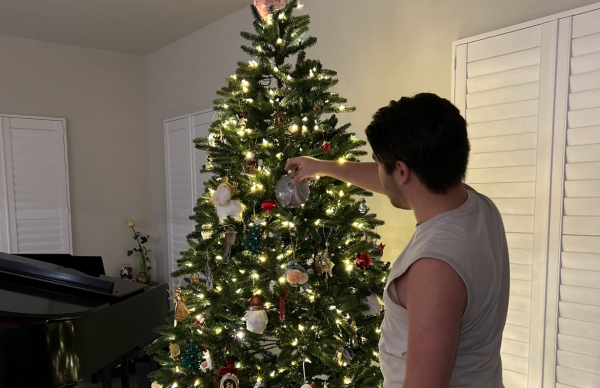Work study, CTC, and internships help, not harm, college readiness
November 6, 2013
Do you have a job?
In an article about working teens on The College Board website, John B. Boshoven, a counselor for Continuing Education at Community High School in Michigan, said, “School is [a] student’s full-time job,” but for most kids, getting a job means he or she is one step closer to becoming an adult.
Despite popular belief that getting a job while in high school will decrease grade point averages and cause stress, professionals on The College Board report the opposite. Properly balancing a job with high school increases time-management skills, increases independence, and teaches responsibility.
Applying for a job in high school can be a challenge, but there are methods to finding, applying, and balancing a job on top of schoolwork and extra-curricular activities.
“What you should really do is figure out what you’re interested in first…The biggest thing with kids is they don’t follow up. Employers want to hire people who follow up every week. They want to see how much you want to work there. You also have to be really honest about your availability…The teenager needs to be communicating; mom or dad should not ever call the supervisor to talk about their child’s hours because the employer hired the 16 year old, not the 40 year old,” said Mrs. Jennifer Radil-Harris, transition education coordinator.
“Any job can provide valuable experiences; however, the best jobs are those that provide opportunities for you to work in a team and develop your ability to communicate effectively. Field experience is always a plus, but many students will go on to change jobs multiple times over the course of their career. This means that securing a job in the field you want to go into is likely not as important as a job that will help you grow as a professional,” said Eric Haines, the Career and Technology Coordinator for FCPS.
The process of seeking out a career path can begin during school.
Jeremy Brown and Radil-Harris work with students regarding transition education. Transition education “encompasses any learning opportunity for students who leave the building and do something outside of school, [or] do individual kinds of things inside of school…so it’s…work study, student service learning (SSL), mentoring internships, and taking college classes,” said Radil-Harris.
Many students are not familiar with all of their transition education opportunities and how they work.
“I know there’s the Career and Technology Center (CTC) and I know a lot of kids sign up for SSL and work study…they just go and do their jobs,” said junior MJ Johnson.
Work study is more than “going to a job.”
Work study is an “excellent” out of school experience for students who have a part-time job and are “looking to save money for college, maximize their hours, or get experience [in the work-world] before they graduate,” said Radil-Harris.
“Work study is only available to seniors, so they apply their junior year. There is an application process. [Attendance] is the most important thing because employers need people who are going to be at work every day. If a person has chronic absences then they’re probably not a good candidate. [We] check their discipline records to make sure they’re someone who can be trusted to leave the building and go to a job. They need to have a driver’s license and a car by the time they’re going to do work study. The job has to meet certain criteria as well. We can’t have students leaving to do work study who want to like, start their own business. They have to be under the supervision of someone else because they get a grade,” said Radil-Harris.
Though work study is the only option that allows a student to go directly to a job, “internships are huge. Many colleges want students to all have internships before they graduate. [Internships] allow you to kind of try out a career field and get a broad overview before you decide whether or not that’s what you want to peruse, or what you want to major in in college…Volunteer work and SSL also get you out there in an area that you’re interested in to see if you like it or not. If you think you have already taken all of the classes available to you in high school that you’re interested in, taking college classes just further develops your skill.” said Radil-Harris.
“Our courses are intended to prepare students to be college and career-ready. As such, we have courses that fall under career pathways so [the students] can begin to prepare for whatever field they intend to pursue. For students interested in working while in high school, our Transition Education Coordinators are a great resource. At Linganore, Mrs. Radil-Harris or Mr. Brown can assist in arranging work study opportunities, or can help you with job leads; they are often contacted by local employers looking for students to fill local jobs, so they often have the inside scoop on potential openings in your area,” said Kristine Pearl, the Career and Technology Education (CTE) supervisor for Frederick County Public Schools.


